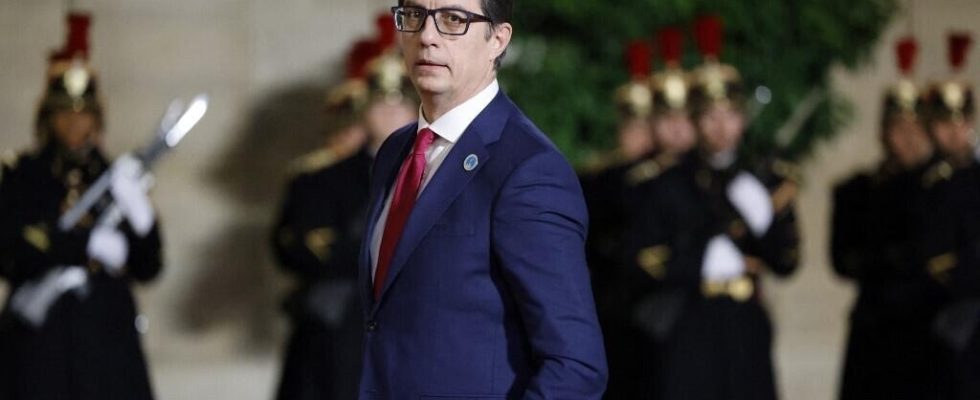A press review in collaboration with the Balkan Mail.
The European Union must set a deadline for the integration of the Western Balkan countries, under penalty of seeing the citizens of the region massively take the road of exodus, warns the President of North Macedonia Stevo Pendarovski, passing through Paris. The EU is certainly more present in the Balkans since the start of the war in Ukraine. ” However, I hope that the same attention will be paid to the region when the war ends. Because the attractiveness of the European model is declining among Balkan citizens. »
In Moldova, “society is waiting”, but judges block justice reform. Slowed down by the multiple crises due to the war in Ukraine, the pro-European government of Chișinău is running after time, before the presidential election of 2024 where Maia Sandu will put her mandate back into play, to advance this very complex reform, essential to the fragile Moldovan democracy. The opening of EU membership negotiations in October depends on it. But inside the system, the blockages of the old oligarchic regime persist.
Offensive against civil society in the Serbian entity of Bosnia and Herzegovina
It’s a unleashing of homophobic attacks and hate crimes in Banja Luka, and the government of Republika Srpska blows on the embers. The police do not intervene and Milorad Dodik draws a law banning members of the LGBTQI+ community from schools. An act that is part of a broader authoritarian drift: a week earlier, another bill copied on the Russian model aims to regulate the activity of NGOs ” foreign agents “.
In Bosnia and Herzegovina, ambassadors are appointed by the three presidents, according to the interests of the ethno-nationalist parties in power. They do not represent the country, but their ethnic group. The Ministry of Foreign Affairs has not reformed since the establishment of the Dayton Accords in 1995. It is not surprising, under these conditions, that Bosnian diplomacy lacks direction.
Kosovo and Serbia towards the normalization of their relations
The agreement on the normalization of relations between Kosovo and Serbia mark a turning point? What is its legal status? Why didn’t Serbia sign it? Who, Belgrade or Pristina, won the most in the case? For Enver Hasani and Srđan Majstorović, the deal is ” clear, clean and precise and engages both parties. Cross interview.
China continues to grab public contracts in the Balkans. On March 29, Montenegro signed a 53 million euro contract with Shandong International Economic & Technical Cooperation Group for the construction of a 16 km highway between Budva and Tivat. This Chinese company is linked to several controversial projects in the Balkans. According to the American think tank Center for Global Development, Montenegro is one of the eight countries most at risk because of its debt to China.
In North Macedonia, the medicinal cannabis industry attracts organized crime. Since its legalization in 2015, several cases point to the laxity of the authorities in the granting and control of licenses, which has allowed criminal groups to insert themselves into this lucrative sector promoted by the former government of Zoran Zaev.
